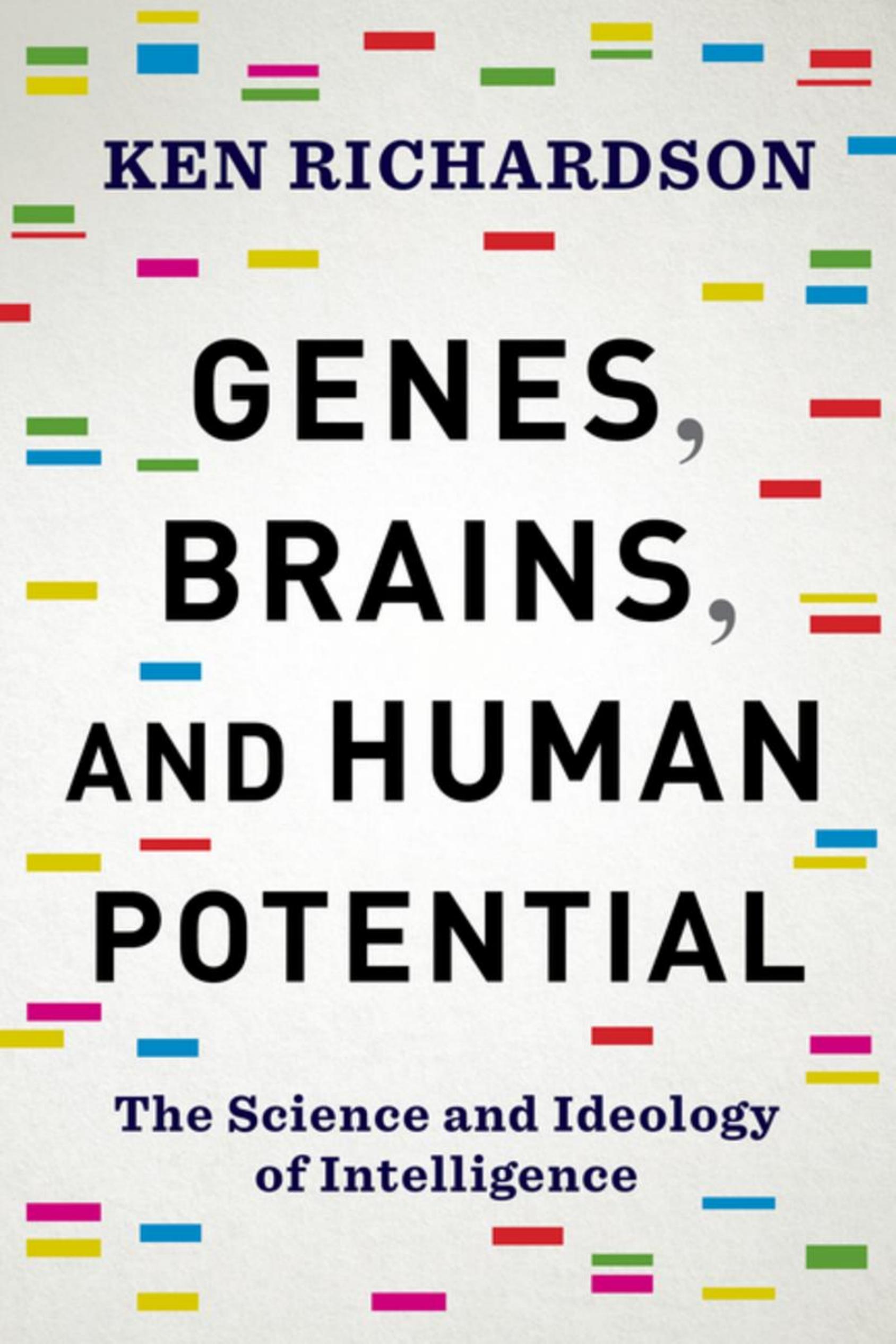Genes, Brains, and Human Potential: The Science and Ideology of Intelligence by Ken Richardson

Author:Ken Richardson
Language: eng
Format: epub, pdf
Tags: science, Cognitive Science, Philosophy & Social Aspects, Psychology, Developmental, Child, Medical, Genetics, Assessment; Testing & Measurement
Publisher: Columbia University Press
Published: 2017-03-21T00:00:00+00:00
BASIC PRESUPPOSITIONS
Theories of cognition today, are, basically, elaborations of one or the other (or some combination) of three sets of presuppositions. These have been around for at least the past two hundred years but have roots stretching as far back as ancient Greece (circa 2,500 years ago). I summarize these assumptions as briefly as possible.
Nativism
So-called nativists have always argued that there must be some very clever data-handling processes built into the cognitive system. This is because—as I mentioned regarding vision in chapter 6—the raw stimuli alone are too fuzzy and unreliable to specify percepts or concepts. This is called the “poverty of the stimulus” argument. So nativists argue that some prestructured operations must be genetically specified and more or less present at birth or early development. Recent exponents of this view include Noam Chomsky, Jerome Fodor, and Steven Pinker.
The view has also been popular with so-called evolutionary psychologists. They argue that cognitive functions consist of specific modules, or dedicated brain circuits, as specific biological adaptations. Through natural selection, such modules have evolved to process the data characteristic of specific aspects of our ancestral environments. These modules automatically deal with the natural, day-to-day variation in experience, because they possess processing rules, like computer programs. They operate by setting up internal representations of current inputs and matching them to ones in memory. Suitable responses, such as categorizations or motor action, can then follow according to these built-in processing rules.
Note that this idea has involved a nature-nurture debate different from the one about individual differences. It concerns the degree to which those so-called rules of cognitive function are shaped by genes in evolutionary time or instead by experience during the course of development. In his book, The Blank Slate, Steven Pinker argues that anyone who denies the genetic view of native processes is basically denying human nature.
But the issue is poorly framed, either way. The main problem—as discussed in chapter 4—is that any form shaped over evolutionary time, by genetic selection, will be committed to a specific, recurring environment. It will be unable to cope with rapidly changing environments in current time, such as the need for continuous development of novel rules. That is why more intelligent systems had to evolve. But in the domain of cognition, there are other serious problems, anyway.
A major problem is specification of what is deemed to be built in. It arises because the environmental pressures said to shape such cognitive modules, perhaps a million years ago, have only been imagined in superficial terms. In fact, it has mostly been assumed that they have something to do with broad factors, like climate change and general lifestyle, without making the connection very clear. In his book, How the Mind Works, Steven Pinker argues that a “module’s basic logic is specified by our genetic program. Their operation was shaped by natural selection to solve the problems of the hunting and gathering life led by our ancestors in most of our evolutionary history.”6 He does not say what, exactly, those problems are.
Download
Genes, Brains, and Human Potential: The Science and Ideology of Intelligence by Ken Richardson.pdf
This site does not store any files on its server. We only index and link to content provided by other sites. Please contact the content providers to delete copyright contents if any and email us, we'll remove relevant links or contents immediately.
The Art of Thinking Clearly by Rolf Dobelli(10453)
Mindhunter: Inside the FBI's Elite Serial Crime Unit by John E. Douglas & Mark Olshaker(9319)
Change Your Questions, Change Your Life by Marilee Adams(7759)
Nudge - Improving Decisions about Health, Wealth, and Happiness by Thaler Sunstein(7692)
Mastermind: How to Think Like Sherlock Holmes by Maria Konnikova(7323)
The Power of Now: A Guide to Spiritual Enlightenment by Eckhart Tolle(5751)
Men In Love by Nancy Friday(5234)
Altered Sensations by David Pantalony(5093)
Factfulness: Ten Reasons We're Wrong About the World – and Why Things Are Better Than You Think by Hans Rosling(4731)
The Confidence Code by Katty Kay(4251)
Thinking in Bets by Annie Duke(4218)
Man and His Symbols by Carl Gustav Jung(4129)
The Worm at the Core by Sheldon Solomon(3486)
Why Buddhism is True by Robert Wright(3446)
Liar's Poker by Michael Lewis(3441)
Three Women by Lisa Taddeo(3422)
The Inner Life of Animals by Peter Wohlleben(3309)
Descartes' Error by Antonio Damasio(3270)
How Music Works by David Byrne(3259)
